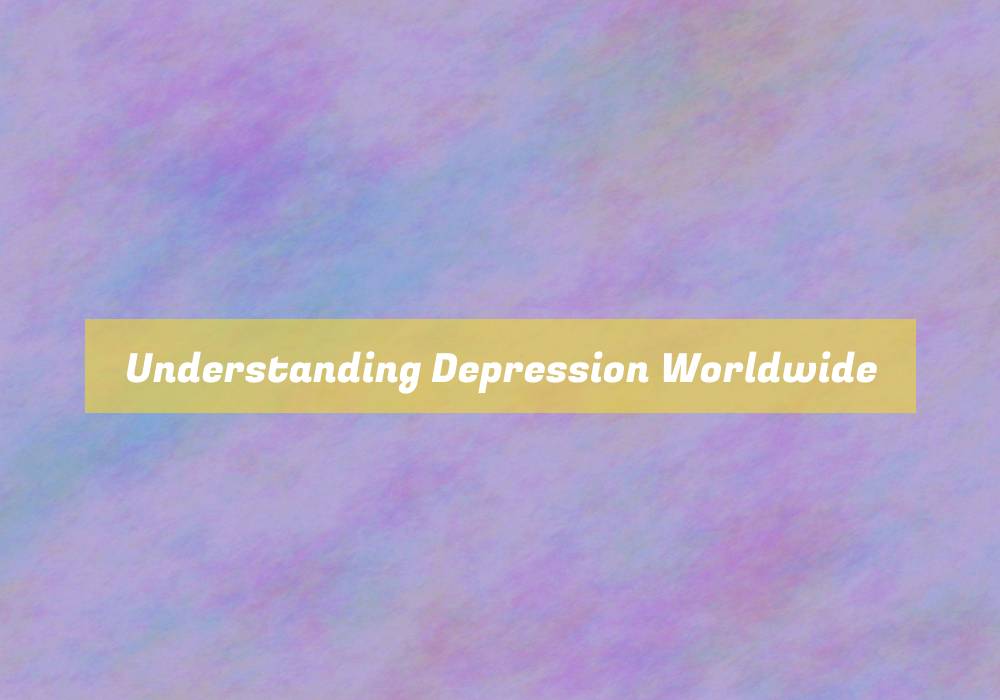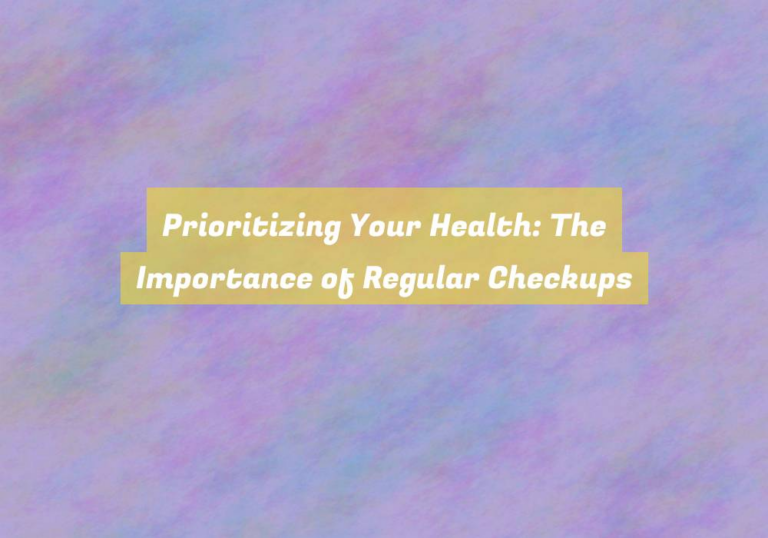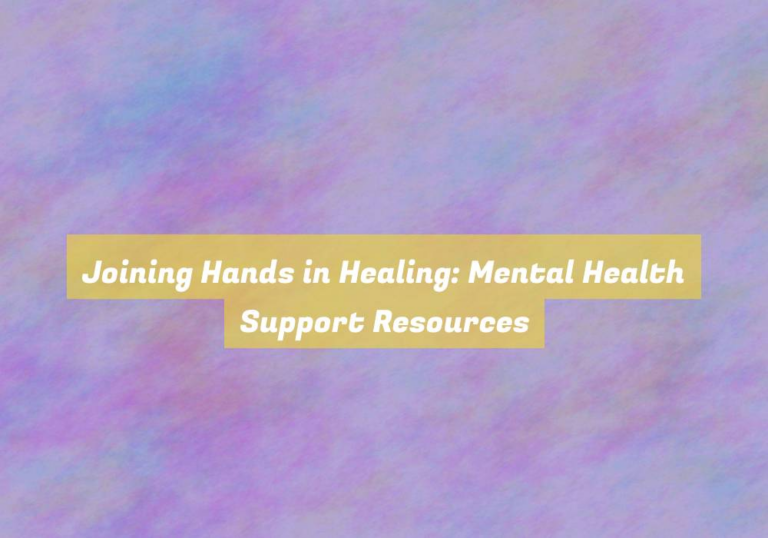Understanding Depression Worldwide
You might be thinking that depression is a personal issue that varies greatly from one culture to another, making it difficult to understand its global impact.
However, the reality is that depression is a widespread and complex phenomenon that transcends cultural boundaries.
By exploring the global prevalence of depression, the cultural influences on its manifestation, and the diverse treatment approaches, you will gain a deeper understanding of its impact on individuals and societies worldwide.
But what about the stigma associated with depression? How does it affect those who suffer from it, and what are the implications for addressing this prevalent mental health condition on a global scale?
Global Prevalence of Depression
Understanding depression worldwide starts with recognizing its global prevalence, impacting people of all ages, genders, and backgrounds. Depression is a leading cause of disability worldwide, affecting over 264 million people, regardless of nationality, culture, or socioeconomic status. It isnG??t limited to developed countries but is prevalent in all regions, making it a universal concern. The impact of depression extends beyond the individual, affecting families, communities, and societies at large. ItG??s crucial to acknowledge that depression isnG??t simply a Western phenomenon, but a pervasive issue with far-reaching consequences across the globe.
The prevalence of depression varies across different regions, with some areas experiencing higher rates due to factors such as conflict, poverty, and limited access to mental health resources. In low and middle-income countries, the burden of depression is compounded by the lack of awareness, stigma, and inadequate mental health services. This results in many individuals suffering in silence, without the support and treatment they desperately need.
Understanding the global prevalence of depression is essential for developing comprehensive strategies to address this widespread issue and provide support to those affected worldwide.
Cultural Influences on Depression
The global prevalence of depression underscores the need to consider cultural influences on this mental health condition, as they significantly shape individualsG?? experiences and responses to depression worldwide.
Cultural factors such as societal attitudes toward mental health, stigma surrounding depression, and cultural norms related to emotional expression play a crucial role in how depression is perceived and addressed.
In some cultures, seeking professional help for mental health issues may be stigmatized, leading individuals to cope with depression in silence and isolation.
Additionally, certain cultural values and belief systems may impact the way individuals interpret and cope with their symptoms of depression. For example, collectivist cultures may prioritize family and community support as integral to managing depression, while individualistic cultures may emphasize self-reliance and personal autonomy in addressing mental health challenges.
Understanding these cultural nuances is essential for developing effective intervention strategies that are sensitive to diverse cultural contexts and can provide appropriate support for individuals experiencing depression across different cultural backgrounds.
Diverse Treatment Approaches
Consider exploring diverse treatment approaches that can cater to the specific cultural and individual needs of those dealing with depression. ItG??s essential to recognize that treatment methods may vary widely across different cultures and communities.
For instance, in some cultures, traditional healing practices, such as herbal remedies, spiritual rituals, or community support systems, play a significant role in managing depression. In contrast, others may prefer modern medical interventions like medication and therapy.
In addition to cultural considerations, individual preferences and beliefs also influence treatment choices. Some individuals may find solace in holistic approaches like yoga, meditation, or acupuncture, while others may respond better to cognitive-behavioral therapy or medication. ItG??s crucial for healthcare providers to engage in open, respectful discussions with patients to understand their unique perspectives and preferences.
Furthermore, a combination of treatments tailored to an individualG??s cultural background and personal inclinations may offer the most effective outcomes. By embracing diverse treatment approaches, we can better address the complex and multifaceted nature of depression, ensuring that individuals receive the support and care that aligns with their specific needs and circumstances.
Impact of Depression Stigma
Addressing depression stigma requires open and honest conversations about the impact it has on individuals and communities worldwide. The stigma surrounding depression can lead to feelings of shame, guilt, and isolation for those experiencing it. It can deter individuals from seeking help and support, ultimately worsening their condition. Moreover, the fear of being judged or discriminated against often prevents people from disclosing their struggles with depression, leading to a lack of understanding and empathy from their social circles. This perpetuates the cycle of stigma and makes it challenging for individuals to receive the necessary care and support.
On a larger scale, depression stigma can have far-reaching consequences for communities and societies. It can hinder efforts to implement effective mental health policies and allocate resources for mental health services. The societal stigma attached to depression also contributes to misconceptions and misinformation, further deepening the divide between those experiencing depression and the rest of society.
Conclusion
So, understanding depression worldwide is crucial for addressing its impact on individuals and societies.
By recognizing the global prevalence of depression, acknowledging cultural influences, and embracing diverse treatment approaches, we can work towards reducing the stigma surrounding mental health.
ItG??s important to remember that depression affects people from all walks of life, and by promoting understanding and empathy, we can create a more supportive and inclusive environment for those struggling with this condition.








You’ve touched on a critical point regarding the stigma surrounding depression and its pervasive nature across cultures. My personal experience has shown me how cultural perceptions can either hinder or facilitate conversations about mental health. For instance, in some communities, openly discussing depression is viewed as a sign of weakness, pushing individuals to suffer in silence. This is particularly disheartening when considering that stigma not only prolongs suffering but also discourages people from seeking help.
You’ve hit on something really important. It’s true that the roots of stigma can run deep, and cultural perceptions play a huge role in the way mental health is discussed—or not discussed. Your experience highlights a frustrating reality: when discussing depression is seen as a weakness, it creates a barrier that many people can’t overcome.